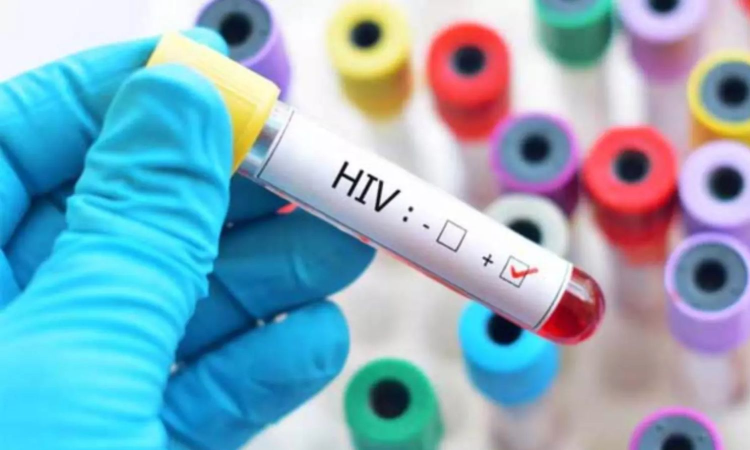Health
HIV Survivors Demand Salary Increase for Vital Support Work

Staff at the Tamil Nadu State’s HIV/AIDS Drop-In Centres (DIC) are calling for a salary increase as they continue to provide essential services to those living with HIV. Currently, these dedicated workers, all survivors of the virus, earn a mere Rs 8,000 per month, a figure that has not been revised since 2020. As living costs rise, they are urging the state government to reassess the financial support allocated to these centres.
Concerns Over Unsustainable Salaries
The DIC programme, managed by the Tamil Nadu State AIDS Control Society (TANSACS), operates approximately 34 centres across the state, with one located in each district. Each centre receives an annual budget of Rs 7.09 lakh, which is used to cover the salaries of four female staff members, all of whom are HIV positive. These workers play a vital role in supporting nearly one lakh beneficiaries statewide, engaging in activities such as raising awareness, linking individuals to welfare schemes, providing legal assistance, and counselling to combat stigma.
Despite their important contributions, the staff express that their current remuneration is insufficient. “These women pay rent, support families and children, and still run daily awareness drives,” said G. Karunanithi, founder of the Tamil Nadu Network of People Living with HIV/AIDS. “They are doing all of this for such a paltry sum. With this pay, they cannot survive at all.” The staff’s financial struggles have prompted them to submit a formal request to the Health Secretary and TANSACS director, seeking a reconsideration of their honorarium.
Ongoing Appeals for Budget Revisions
Over the past year, the workers have made multiple written and personal appeals for a budget increase, yet no enhancements have been announced. Their letter highlights a growing disparity within the organization; while TANSACS’ contractual staff have recently achieved permanent positions with salaries comparable to government employees, peer DIC workers remain on low honorariums without job security.
The staff’s situation underscores the broader challenges faced by community-run centres in the region. As they continue to serve a vulnerable population, the pressing need for a salary increase has become more critical. Advocates are hopeful that by bringing attention to their plight, the state government will take steps to provide the necessary support to those who dedicate their lives to helping others in need.
-

 World5 months ago
World5 months agoSBI Announces QIP Floor Price at ₹811.05 Per Share
-

 Lifestyle5 months ago
Lifestyle5 months agoCept Unveils ₹3.1 Crore Urban Mobility Plan for Sustainable Growth
-

 Science4 months ago
Science4 months agoNew Blood Group Discovered in South Indian Woman at Rotary Centre
-

 World5 months ago
World5 months agoTorrential Rains Cause Flash Flooding in New York and New Jersey
-

 Top Stories5 months ago
Top Stories5 months agoKonkani Cultural Organisation to Host Pearl Jubilee in Abu Dhabi
-

 Sports4 months ago
Sports4 months agoBroad Advocates for Bowling Change Ahead of Final Test Against India
-

 Science5 months ago
Science5 months agoNothing Headphone 1 Review: A Bold Contender in Audio Design
-

 Top Stories5 months ago
Top Stories5 months agoAir India Crash Investigation Highlights Boeing Fuel Switch Concerns
-

 Business5 months ago
Business5 months agoIndian Stock Market Rebounds: Sensex and Nifty Rise After Four-Day Decline
-

 Sports4 months ago
Sports4 months agoCristian Totti Retires at 19: Pressure of Fame Takes Toll
-

 Politics5 months ago
Politics5 months agoAbandoned Doberman Finds New Home After Journey to Prague
-

 Top Stories5 months ago
Top Stories5 months agoPatna Bank Manager Abhishek Varun Found Dead in Well









